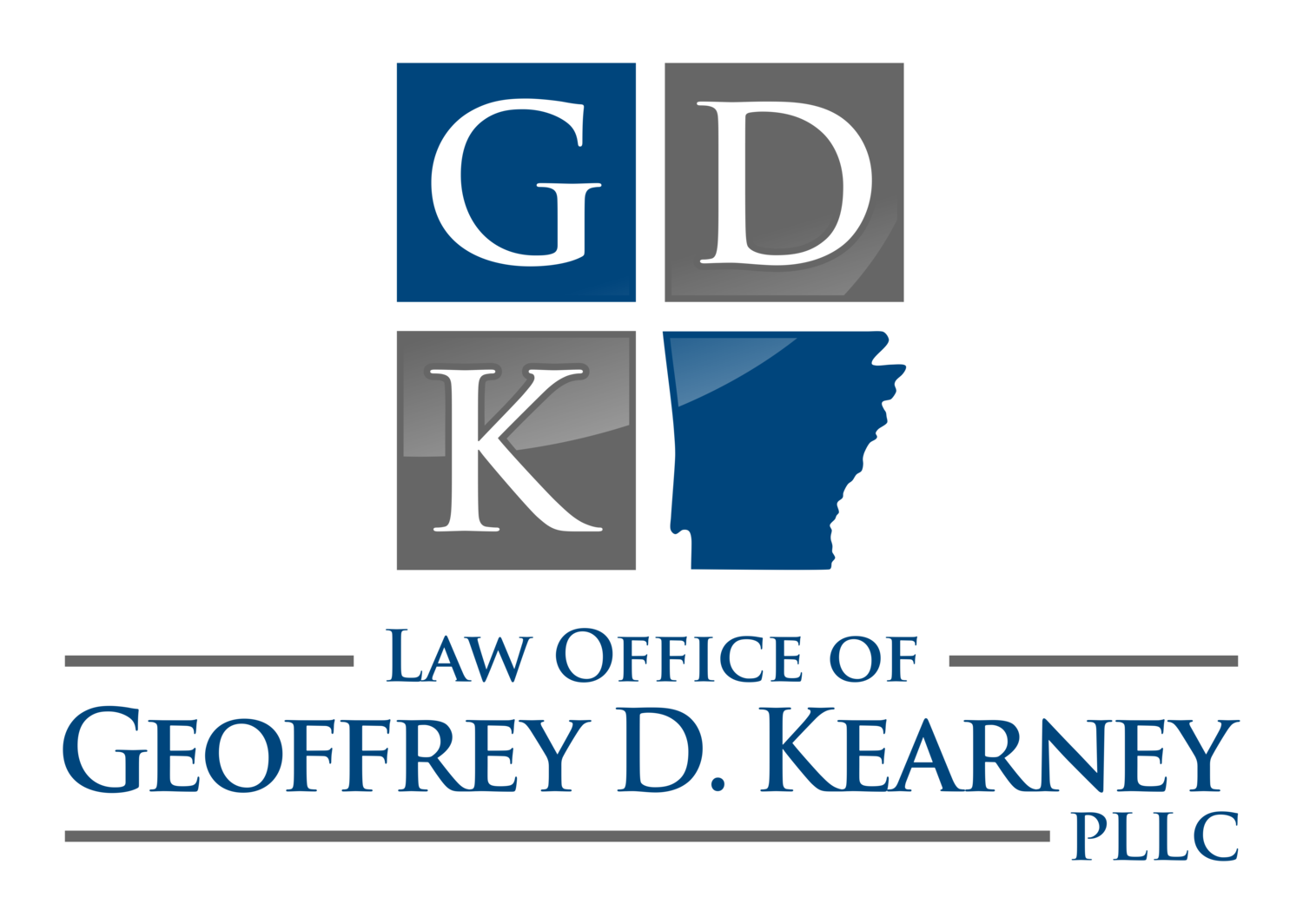If You’re Wondering if You Need a Lawyer, there is a Good Chance the Answer is Yes
Case: Matlock v. Noel, 2022 Ark. App. 295
Trial Court: Garland County Circuit Court (Judge Ralph Ohm)
Issue: Can a non-lawyer, pro se administrator of an estate file a wrongful death complaint or a Notice of Appeal?
Holding: Under these circumstances, Arkansas law requires that a Notice of Appeal for such a party be filed by an attorney.
Summary: In 2019, Betty Matlock died while being treated at a hospital in Hot Springs. In 2020, John Dickerson, Jr., Ms. Matlock’s brother, opened an estate in her name; the court appointed Dickerson personal representative. In 2021, on behalf of the estate, he filed a wrongful death action against the hospital and the physicians who treated Matlock there alleging medical malpractice. Instead of hiring an attorney to file the lawsuit, Mr. Dickerson filed it “pro se”, meaning that he filed it himself.
The defendants filed a motion for judgment on the pleadings, arguing, as relevant here, that Mr. Dickerson, a non-attorney, was not authorized to file a complaint on behalf of the estate. The circuit court agreed, holding that “Dickerson, as a nonlawyer, was not authorized under Arkansas law to file a pro se complaint on behalf of the estate.” Op. at 2. Mr. Dickerson then filed a Notice of Appeal. Like the initial lawsuit, the Notice of Appeal was filed pro se.
Though the Court of Appeals seemed to agree with the circuit court’s ruling, it did not explicitly affirm it. Rather, the court held that because Dickerson was not authorized to filed the Notice of Appeal, it did not even have jurisdiction to hear the case:
However, like in the underlying litigation, in filing this appeal, Dickerson again engages in the unauthorized practice of law.
An administrator acting on behalf of an estate does so in a fiduciary capacity. Henson v. Cradduck, 2020 Ark. 24, at 6–7, 593 S.W.3d 10, 15. A person who is not a licensed attorney and is acting as an administrator cannot practice law in matters relating to his or her trusteeship on the theory that they are practicing for themselves. Id. In bringing a suit for wrongful death, a personal representative acts only as a “trustee of conduit,” and any proceeds recovered are held in trust for the benefit of the beneficiaries and not the estate. Id. And just as a complaint in such a situation is a nullity, so is the notice of appeal. See, e.g., Memphis Wrecking Co. v. Dir., 2021 Ark. App. 29, at 2. Because the notice of appeal and subsequent filings made by Dickerson are null and void, we lack jurisdiction over the matter and dismiss the appeal.
Id.
Therefore, the case was dismissed.
Bottom Line: The legal system can be complex. Though there are occasions when a non-attorney can file a case or otherwise represent themselves, there are numerous instances in which they cannot. For instance, as happened here, a non-lawyer may file a petition to open an estate and be appointed personal representative on his own behalf,* but may not file a wrongful death lawsuit that seeks to obtain monetary damages for that estate. In that same vein, such individuals may not file a Notice of Appeal on behalf of the estate. This issue also occasionally comes up in the context of non-attorney executives or shareholders attempting to represent their corporations in legal proceedings. See, e.g., DeSoto Gathering Co. v. Hill, 2017 Ark. 326.
Navigating Arkansas law, from personal injury and/or wrongful death to business litigation matters, can be difficult. Technical defects that might seem quite small can be the reason a party loses any chance of receiving relief in their lawsuit. Especially in matters where a big issue and/or lots of money is at stake, it is important to consult with a licensed, competent Arkansas attorney before moving forward and, if appropriate and possible, hire one.
*See Linked Docket Sheet, In re Estate of Betty Matlock, 26PR-20-592.
